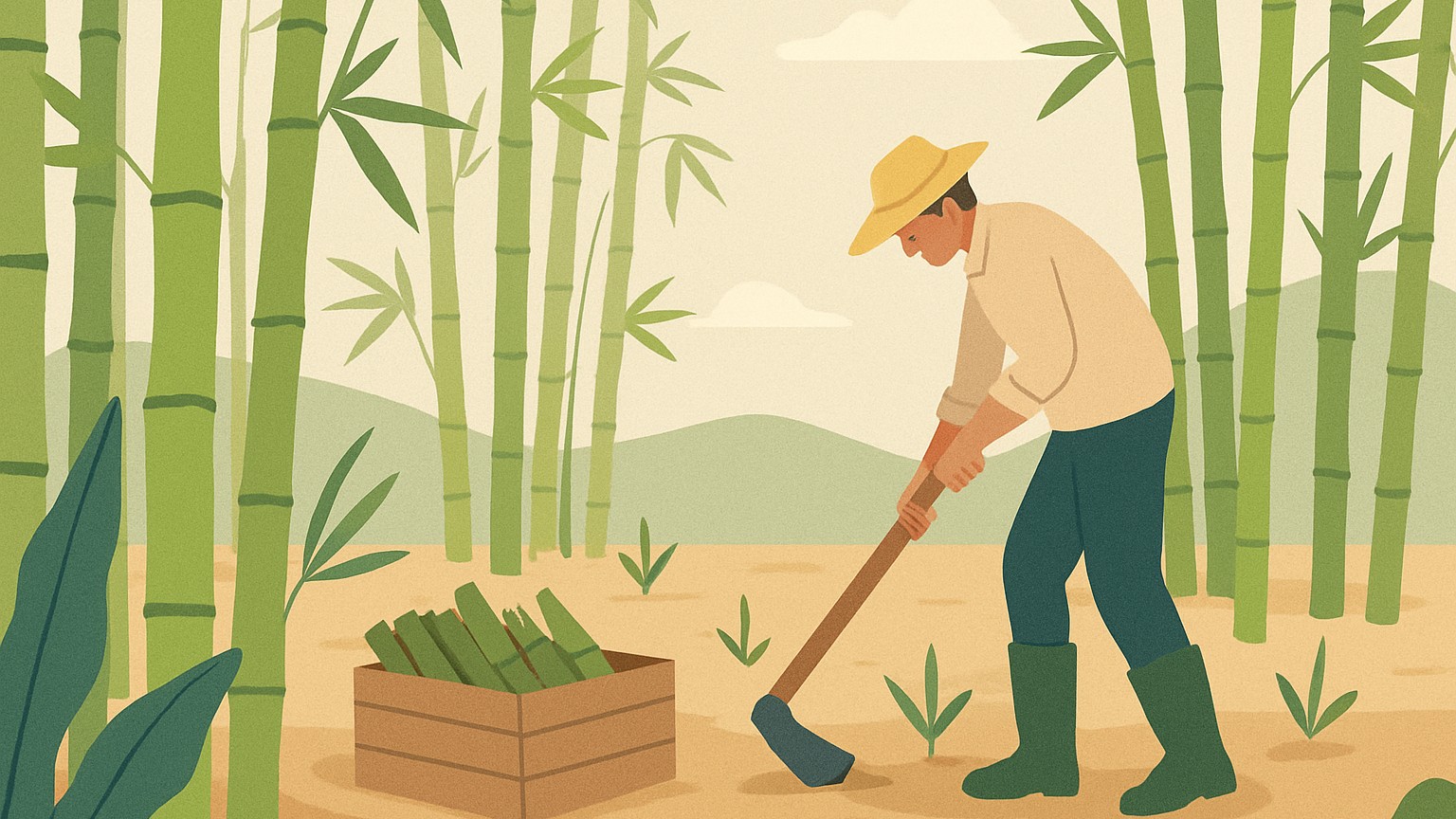Bamboo The Sustainable Super Crop Shaping the Future of Farming

Bamboo agriculture is rapidly gaining attention as a sustainable and profitable farming practice with immense ecological and economic benefits. Known as the "green gold," bamboo grows incredibly fast, requires minimal water, and can thrive in diverse climates and soil conditions, making it an ideal crop for both small-scale farmers and large agricultural ventures.
One of the biggest advantages of bamboo cultivation is its environmental impact—it acts as a powerful carbon sink, improves soil health, and helps prevent erosion with its extensive root system. Unlike most timber crops, bamboo regenerates after harvesting without needing to be replanted, making it a renewable and eco-friendly alternative for wood, paper, and even plastic products.
In terms of economic potential, bamboo opens up diverse revenue streams through its use in construction, furniture, textiles, handicrafts, and food. The global demand for bamboo products is steadily rising, creating opportunities for farmers to tap into both local and international markets. Governments and NGOS are also supporting bamboo initiatives as part of climate-resilient agricultural policies.
From a farming perspective, bamboo requires relatively low maintenance once established, though early care is needed for weed control and irrigation during the initial growth phase. Proper species selection, spacing, and harvesting techniques are key to optimising yield and ensuring long-term productivity.
As awareness of climate change and sustainability grows, bamboo agriculture stands out as a green solution that benefits both the planet and the people who cultivate it. With the right planning and support, it can become a game-changer for rural economies and a cornerstone of eco-conscious farming practices.
